"Climate Change and Green Economy" conference
Vuk Jeremić opened on Thursday in Belgrade the international conference dubbed “Climate Change and the Green Economy”.
Thursday, 20.11.2014.
14:32

"Climate Change and Green Economy" conference
He voiced confidence that a global shift to the green economy is a unique opportunity for under-developed regions such as ours to bridge the generation lag that divides it from the developed ones.That could be the biggest challenge for our generation, he said, voicing hope that South Eastern Europe will become the leader in the green economy, which is, as he put it, a strategic ambition which should draw us all together as that is the only sustainable way toward prosperity in the 21st century.
Jeremić noted that South Eastern Europe was in May hit by the worst floods since rainfall measurements had begun, and warned that such catastrophes are increasingly becoming a common thing.
Today's conference is an opportunity for considering ways in which South Eastern Europe can participate more actively in the ongoing international negotiations on climate change, and ways in which it can capitalize on the shift to the green economy.
Several months ago, the EU decided to cut its greenhouse gas emissions by 40 percent in the next 15 years, and last week China and the U.S. signaled major efforts to achieve the deep decarbonization of the global economy by the mid-century.
"I think that we can be cautiously optimistic that the largest world economies will help lead the international community toward reaching an ambitious legal agreement on climate change," Jeremić underlined.
In the introductory part of the conference, Ambassador Kwok Fook Seng, chief negotiator for climate change at the Ministry of Foreign Affairs of Singapore, Kunihiko Shimada, special adviser to the Ministry of the Environment of Japan, and Columbia University professor Jeffrey Sachs addressed the present.
The Serbian economy is based on coal, which is not good for the country. Climate change has adverse consequences, for the Balkans and Mediterranean region in particular, which is facing more dry periods and floods than was the case in the past, warned Sachs, who is also director of the United Nations Sustainable Development Solutions Network (SDSN).
Serbia will have to carry out an overhaul of its energy system, he said, adding that it is good that Serbia has renewable energy potential, but noted that the country should invest in the research.
Addressing the present, Ambassador Kwok warned that the greenhouse gas emissions have grown in scale, so the world needs to make an urgent response to climate change, as its consequences will be felt for centuries.
Shimada underscored that 2015 will be a key year for climate negotiations and voiced hope that the global leaders will reach a historic agreement at a conference in Paris so as to make the planet a better place for life.
The conference, which is being jointly organized by the UN SDSN and the CIRSD, is bringing together relevant ministers of several countries, diplomats, representatives of the business and academic community as part of two panel discussions.
Serbian Minister of Agriculture and Environmental Protection Snežana Bogosavljević-Bošković, Albanian Minister of Environment Lefter Koka, Montenegrin Minister of Sustainable Development and Tourism Branimir Gvozdenović, Jeffrey Sachs, and representatives of international organizations took part in a ministerial panel titled “Rethinking Regional Development”.
The second, business panel will involve representatives of big companies from Serbia and the region and foreign guests.
"Growth"
The model of green economy can ensure Serbia's economic growth and step up competitiveness, create jobs, reduce poverty and ensure sustainable use of natural resources, Serbian Minister of Agriculture Snezana Bogosavljević-Bošković stated on Thursday."The problem of climate changes is one of the greatest problems of today's civilization and its solution has become an inevitable part of international, regional and national agendas," she said at the round table dubbed "Rethinking Regional Cooperation" held as part of the conference entitled "Climate Change and the Green Economy".
The minister pointed to the importance that the EU attaches to the issue of climate change, adding that the Union has underscored on the number of occasions that Serbia should present its obligations with a view to reducing the greenhouse effect by the year of 2020 i.e. 2030.
She said that Serbia is scheduled to define the steps towards meeting its obligations in this respect by the end of March 2015, noting that it will be possible to address this very sensitive issue only after 2020.
An inter-sector working group for promoting the framework for the green economy development has been established, and national strategic documents have been adopted, Bogosavljević-Bošković said.
Montenegrin Minister of Sustainable Development and Tourism Branimir Gvozdenović warned about the serious climate changes in the world.
Nevertheless, the deadlines for taking the necessary measures are only being postponed, while simultaneously ambitious goals are being set, Gvozdenović said, adding that a dozen of projects are being implemented in Montenegro with regards to addressing this issue.
Albanian Minister of Environment Lefter Koka said that his country is also realizing a number of projects in order to implement an efficient policy aimed at addressing global challenges and encourage the development of the green economy, adding that in this sense all sectors - energy, industry, forestry and transport, need to cooperate.










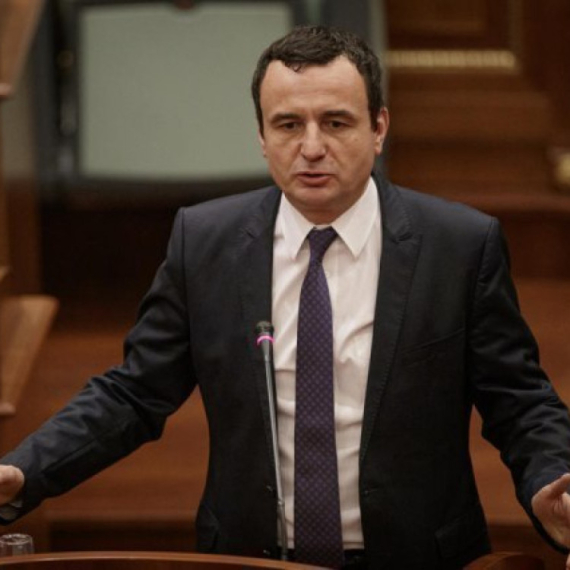


























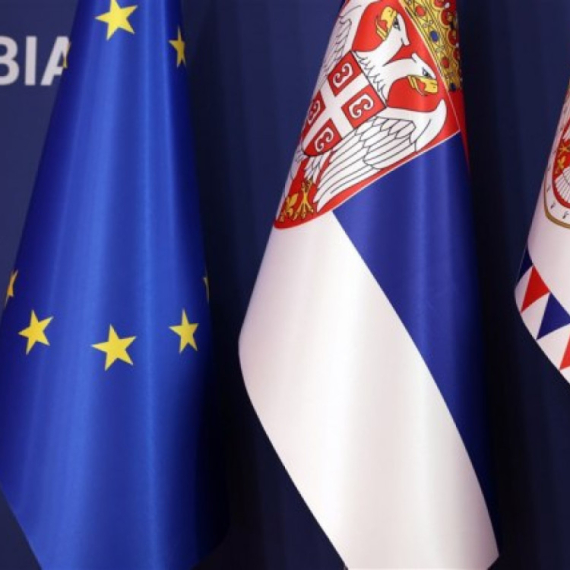

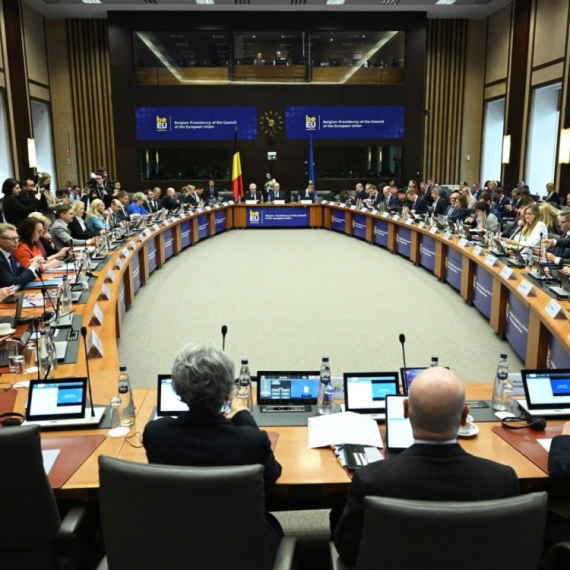
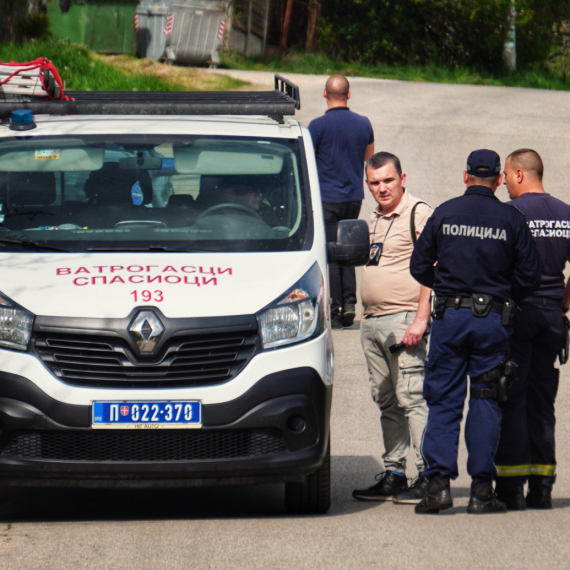
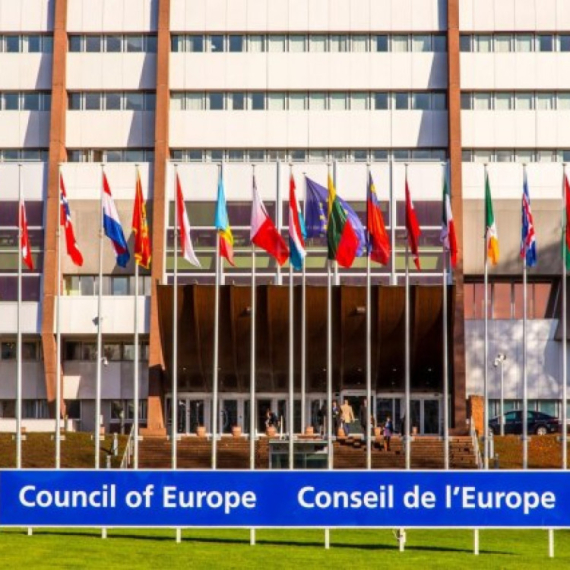





Komentari 0